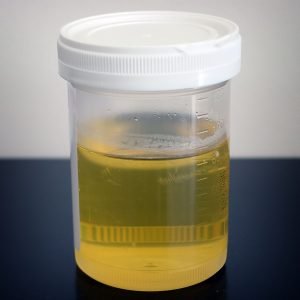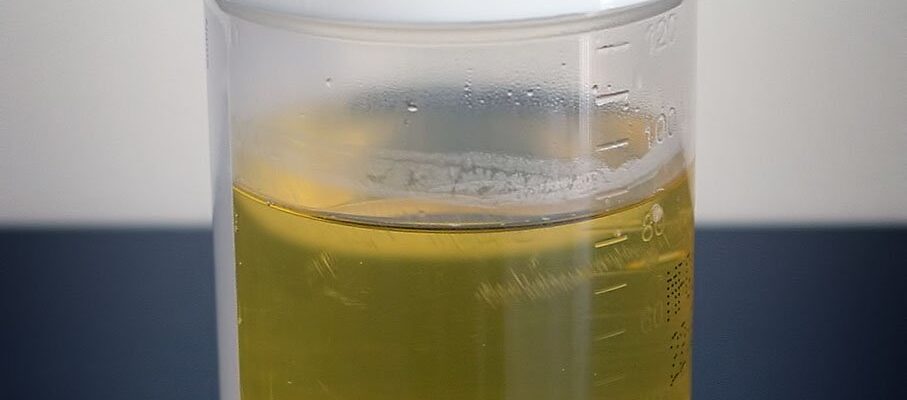
Quick Answer: Drinking urine, also known as “urine therapy,” is an age-old practice with no scientific evidence to support its health benefits. While some cultures believe it can cure ailments, urine primarily consists of water and waste products the body is trying to eliminate. Re-ingesting it can pose risks such as bacterial infections, dehydration, and toxicity. Modern medicine does not recommend drinking urine as a remedy—safe and proven treatments are always the better option.
Drinking urine, known as “urine therapy,” is an age-old practice that has been observed in various cultures around the world. From ancient Romans and Indian traditions to local folk remedies in modern times, this practice continues to raise curiosity and debate.
For instance, in some parts of Agusan in the Philippines, it is believed that applying the first morning urine on the hands and feet can alleviate “pasma” (a traditional term referring to muscle spasms or fatigue). Others claim that consuming one’s own urine or, in some cases, the urine of a child, can help cure various illnesses.
The Science Behind Urine Therapy
While urine therapy has persisted through folklore and alternative medicine, there is no reliable scientific evidence to support its effectiveness in improving health or curing diseases. Urine is composed mainly of water (around 95%) and waste products like urea, salts, and ammonia that the body eliminates. Here’s what you should know:
- Urine is not sterile in all cases. While fresh urine is often considered sterile, it can contain bacteria, especially if an individual has a urinary tract infection (UTI) or other health conditions. Drinking contaminated urine may pose health risks.
- Lack of scientific proof for health benefits. Although anecdotal evidence exists, no large-scale or peer-reviewed studies confirm that drinking urine has healing properties. Claims about its ability to treat conditions like infections, digestive issues, or chronic pain remain unverified.
- Possible health risks. Re-ingesting waste products like urea can strain the kidneys, as the body is forced to filter them again. Over time, this may lead to dehydration, electrolyte imbalances, and toxicity in severe cases.
- Misleading claims of ‘purity.’ Advocates of urine therapy often emphasize morning urine as being “purer” or more potent for its supposed health benefits. However, urine’s content depends on diet, hydration, and overall health, making it unreliable as a therapeutic substance.
Modern Medical Perspective
Medical professionals generally do not recommend urine therapy. Modern medicine provides safe, evidence-based treatments for most health conditions. While anecdotal reports of benefits exist, these are not a substitute for proper medical care. If you’re seeking natural or alternative remedies, consult a healthcare provider to explore safe and proven options.
Drinking urine remains a controversial and unproven practice with no substantial scientific support. Although deeply rooted in cultural traditions, it carries potential health risks without guaranteed benefits. It’s always best to rely on established medical treatments rather than unverified practices to ensure your health and safety.


